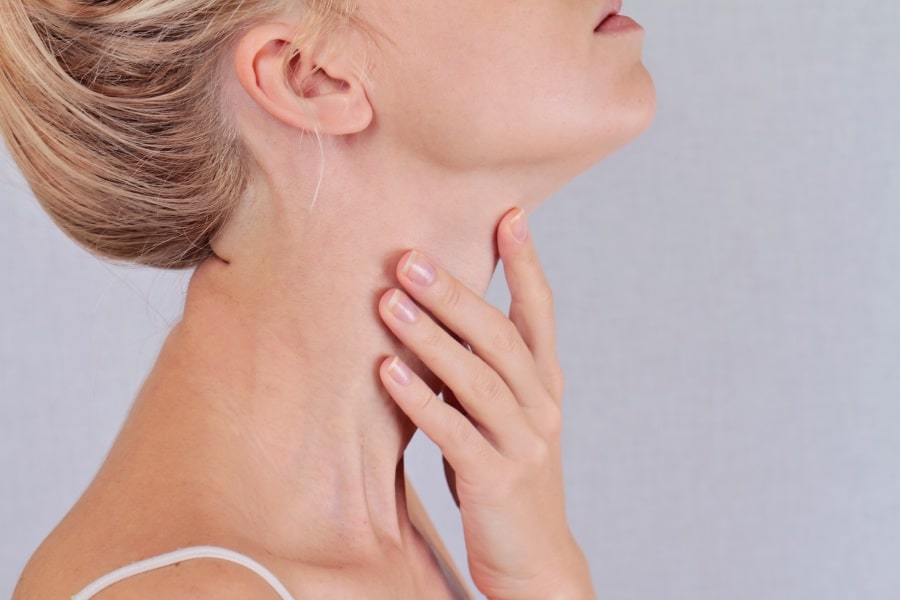
How to Balance Your Hormones with Food
Today, I want to talk about a biggie when it comes to weight loss and anti-aging: balancing your hormones. When they’re working right, these hormones do an awesome job. Together, they regulate every aspect of your life—your sleep, your appetite, your weight, your energy, your sex drive, you name it. When your hormones are in balance, your hair is thick and glossy. Your skin is smooth and glowing. You’re slim, you’re young, and you’re bursting with energy. Your brain works right. Your thyroid works right. Your gut works right.
But what happens when those hormones get out of whack? Then nothing works right. You gain weight. Your hair gets thin, and your skin gets old and papery. You develop “brain fog” and lose your interest in sex. You’re tired all the time. You’re at the mercy of your mood swings. You develop insomnia. You feel like absolute crap all day, every day. Complain to your doctors about these symptoms, and here’s what you’re likely to hear:
“Well, you’re getting old. This stuff happens.” or “There’s nothing wrong with you—it’s all in your head.”
Well, I’m here to tell you that they’re wrong. You don’t have to get fat, bitchy, and bald. You don’t need to get a big belly. You don’t need to age rapidly. Your symptoms are not all in your head—and you can fix them. In an earlier post, I talked about bioidentical hormones. I highly recommend checking these out if you’re battling a weight problem or feeling old and tired. Today, however, I want to talk about another way to balance your hormones: by eating the right foods and cutting out the wrong ones.
What is the best diet for people with a hormone imbalance?
1. A low carb diet works wonders for people with a hormone imbalance
A high-carb diet seriously messes with your hormones. Here’s just some of the damage it does. First, a diet high in carbs packs on fat around your belly and belly fat cells are estrogen factories. The more belly fat you have, the more estrogen you produce. Now, having enough estrogen is a good thing—but when you produce too much, it causes you to gain weight like crazy and it dramatically raises your risk for breast cancer.
And here’s another reason to lower your carbs. A high-carb diet raises your insulin levels, and excess insulin causes your ovaries to secrete too much testosterone. This can make you overweight and infertile, make you grow hair where you don’t want it, lead to male pattern baldness, and give you acne. Scientists believe that high insulin levels are one of the major contributors to polycystic ovarian syndrome or PCOS, which involves an excess of male hormones.
Want a third reason to cut down on carbs? A high-carb diet can mess with still another hormone: leptin. Leptin is your hunger hormone, and high levels tell your body that you’re satisfied. If you eat too many carbs, constantly jacking up your leptin, you can develop leptin resistance. Your cells stop listening to leptin, so you feel hungry all the time.
But wait—I’m not done! The insulin surges caused by a high-carb diet also can damage your thyroid. And trust me: You do not want to make your thyroid hormones wonky. If they go rogue, it creates a domino effect that can throw every hormone out of balance.
So, short story: For healthy hormones, eliminate grains and sugar, and keep even healthy high-carb foods like sweet potatoes, beets, carrots, and winter squash to a minimum.
2. Fix a hormone imbalance by cutting out soy
Soy is very bad news for your thyroid hormones. Soy suppresses your uptake of iodine and promotes thyroid autoimmunity. So get over the idea that it’s a health food, and cut it out of your diet. This isn’t easy, because manufacturers put soy in nearly everything these days—but do your best to avoid it.
3. Getting enough iodine may solve your hormone imbalance
If you’ve replaced regular table salt in your diet with sea salt or mineral salt, good for you because that’s a healthy switch. However, you’ll need to make sure that you’re still getting plenty of iodine. To do this, I recommend adding lots of seafood and seaweed to your diet. (Personally, I’m a big fan of SeaSnax.) You can also take a supplement that provides 100% of your daily iodine requirement.
4. Eating healthy fats is important for those with a hormone imbalance
Fats like ghee, avocados, and coconut oil provide the building blocks of hormones. This is one of the reasons why eating healthy fats doesn’t make you fat—it helps you stay slim and energetic.
5. A safe way to answer a hormone imbalance is by eating clean foods
As often as possible, eat organic fruits and vegetables, and limit foods packaged in cans and plastic packaging. This will reduce the number of endocrine disruptors you get in your diet.
What are the best foods to balance hormones?
You need enough estrogen—but as I said earlier, you definitely don’t want too much. Here are some superfoods that can help you keep your estrogen levels right where they should be:
1. Eat lots and lots of fiber to balance hormones
Soluble fiber, such as that in fruits, helps to remove excess estrogen from your body.
2. Bone broth is your liquid gold when trying to balance hormones
Your gut bacteria play a major role in estrogen metabolism. Bone broth soothes and heals your gut, creating an optimal environment for these beneficial bugs.
3. Balance hormones with probiotics and prebiotics
Like bone broth, these help you build a healthy microbiome that can efficiently balance your estrogen levels.
4. Use turmeric to balance hormones
This spice helps slow the development of estrogen-dependent cancer cells.
5. Cruciferous vegetables will be your saving grace when balancing your hormones
Foods like broccoli and brussels sprouts contain indole-3 carbinol, which helps your liver get rid of excess estrogen. (One caution: Limit cruciferous veggies if you have an under-active thyroid.)
6. Use pastured meat to get your hormones back in check
The hormones in factory-farmed meat can wreak havoc on your sex hormones. If you can afford it, pastured meats are the way to go.
7. Eating right will always do the trick to balance hormones
By eating right and adding bioidentical hormones if you need them—you can keep your hormones balanced at any age (even in those tricky perimenopause years). As a result, you’ll stay slim, you’ll be full of energy, and your jealous friends will ask: “How come you never age?”
Keep Thinking Big & Living Bold!








